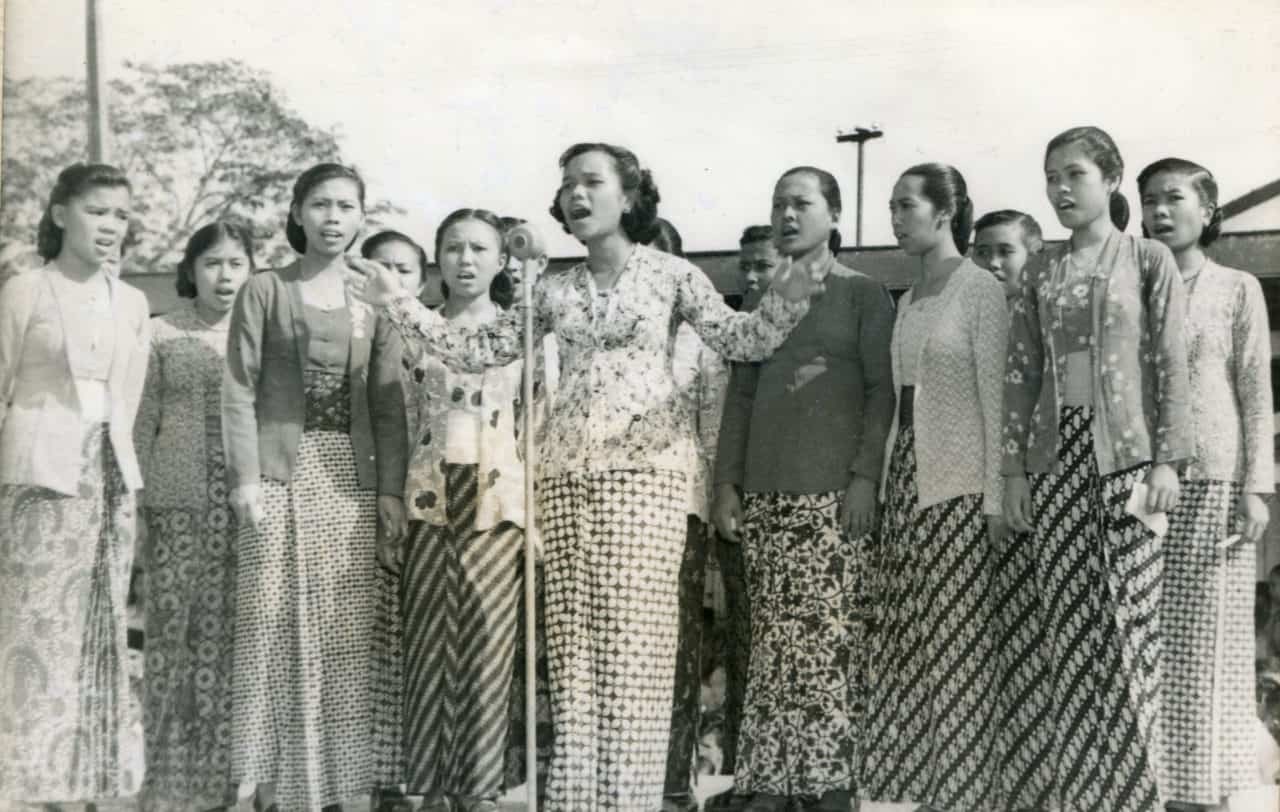
"Beyond the story of R.A. Kartini, many other great women heroes fought for our nation. Get to know powerful figures like Admiral Malahayati and Maria Walanda Maramis. Who is your favorite hero?"
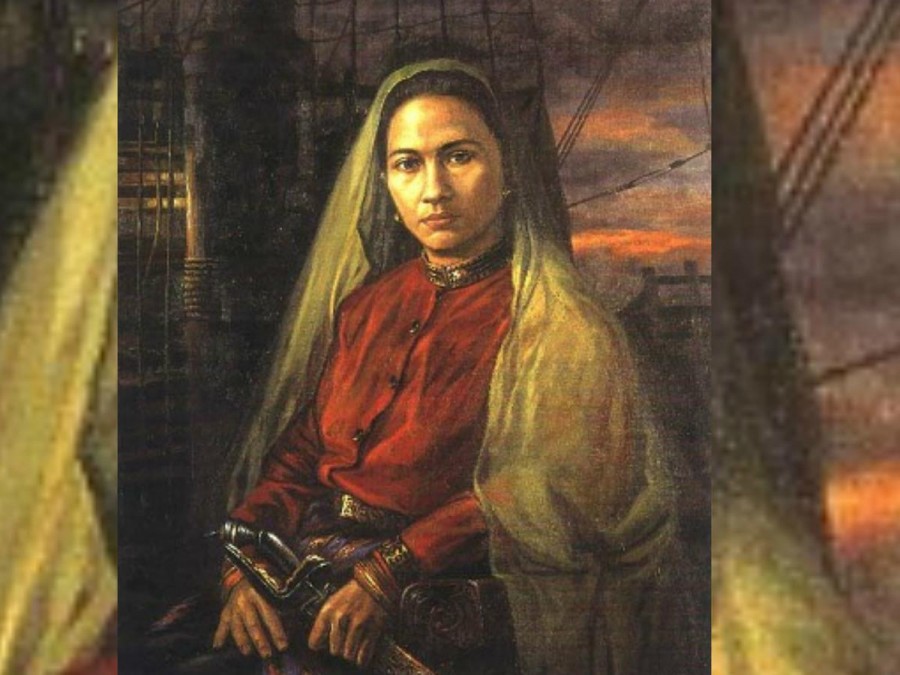
Photo source: Liputan6 (Web)
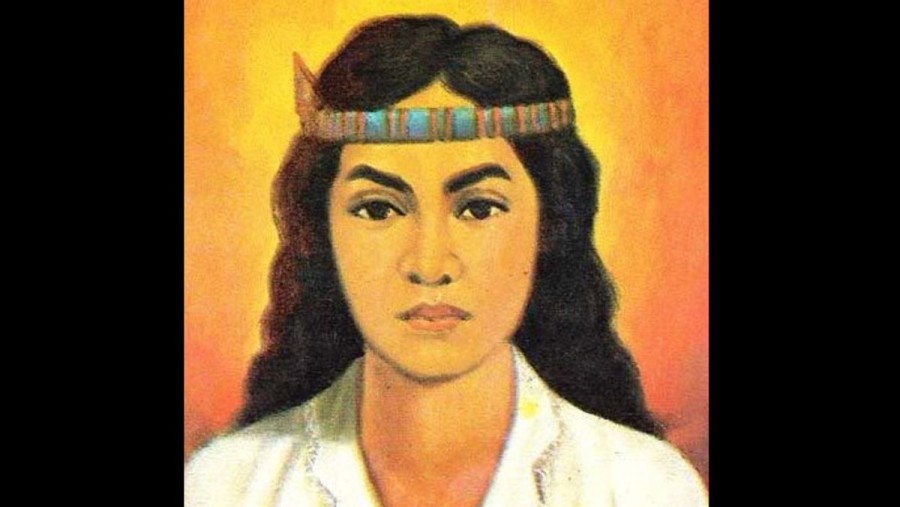
Photo source: Voi (Web)
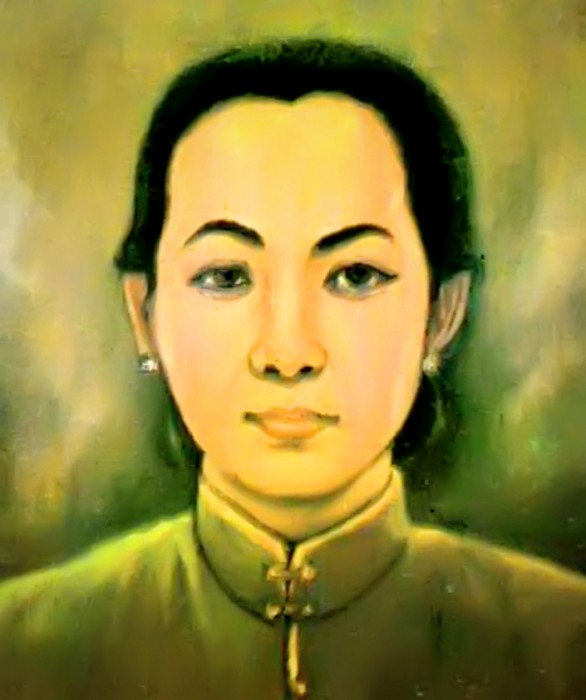
Photo source: Wikipedia (Web)
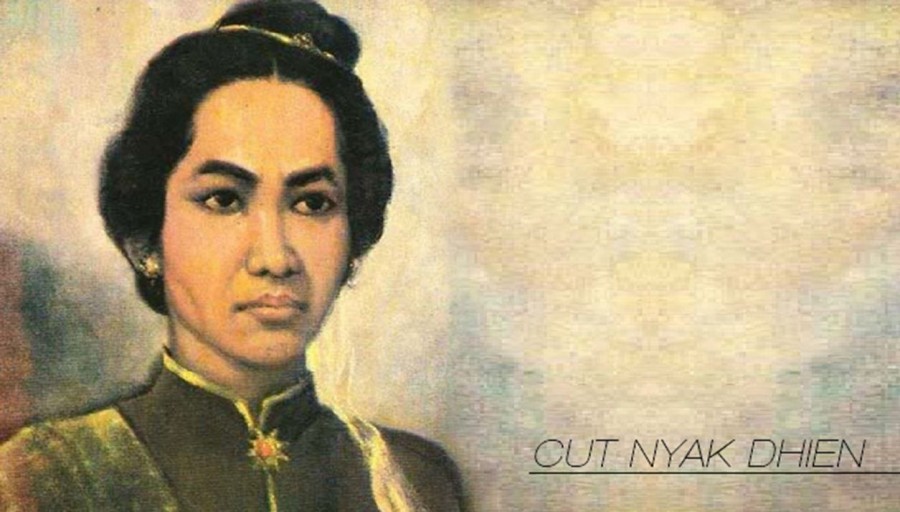
Photo source: Kompasiana (Web)
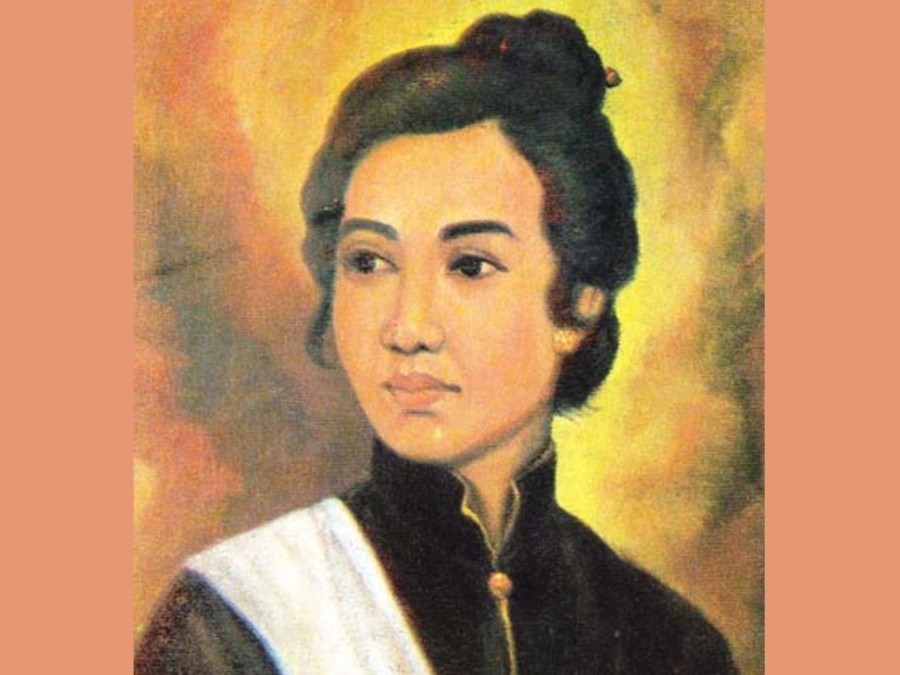
Photo source: Tagar.id (web)
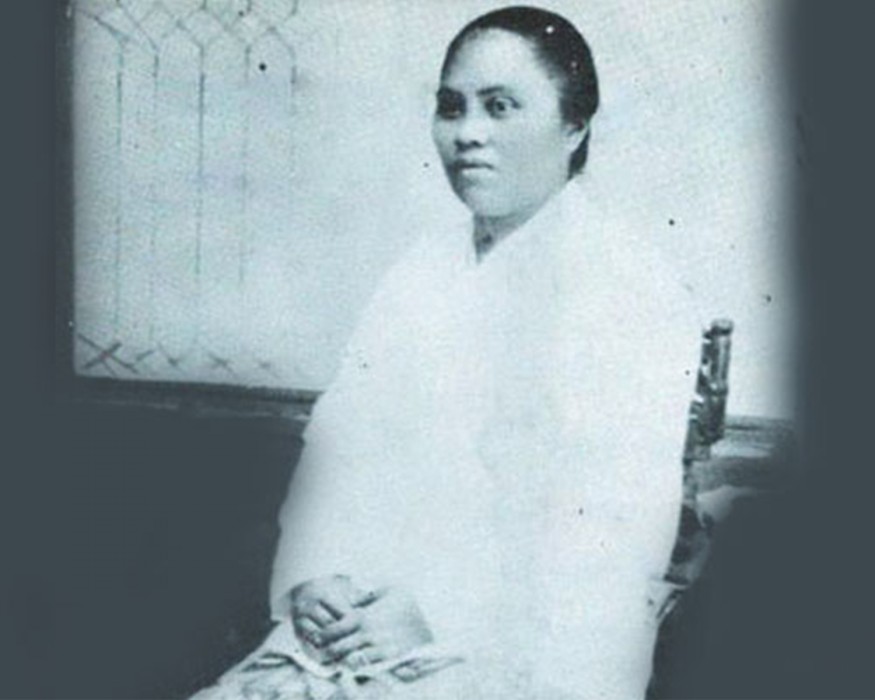
Photo source: Journal Telegraf (Web)
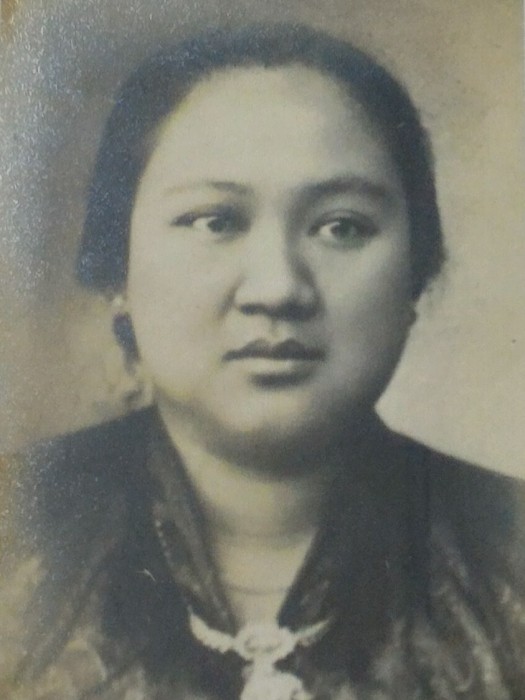
Photo source: Wikipedia (Web)
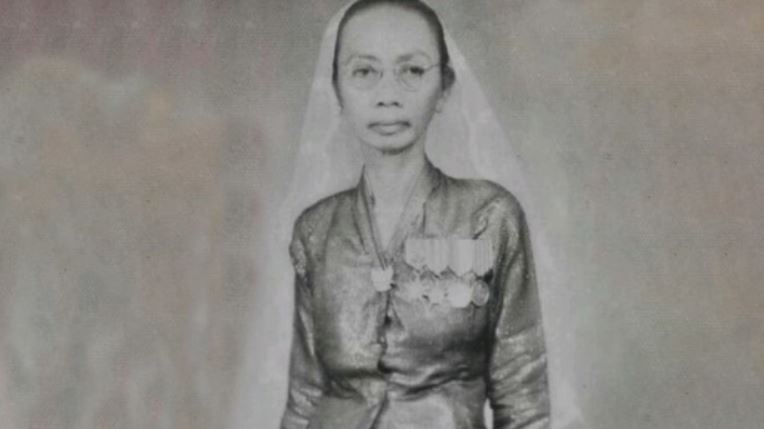
Photo source: womenlead.magdalene.co
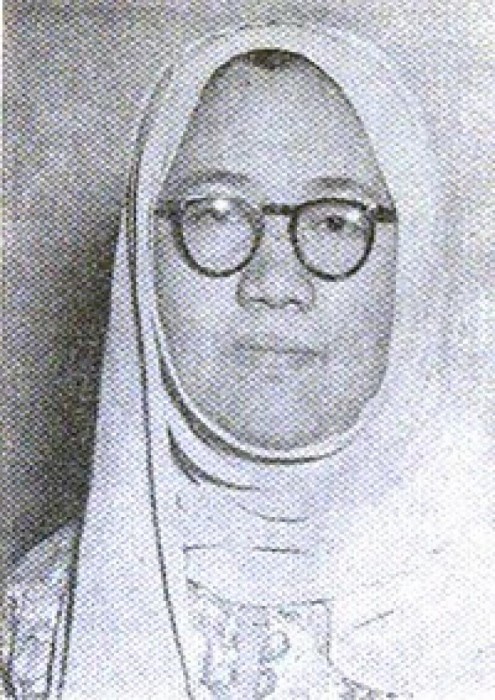
Photo source: Republika (Web)














